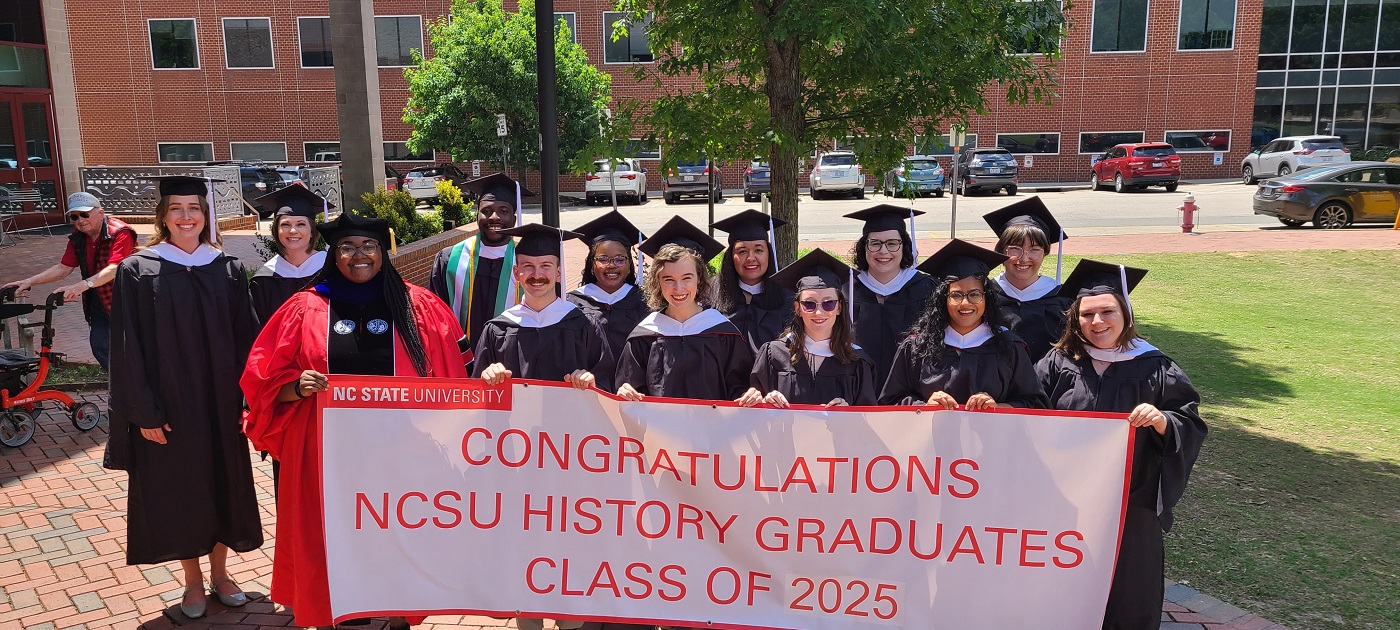Researching Migration as a Migrant
When I moved abroad to complete my PhD, I had no idea how much my research would connect to my own life. I went to Sydney to study early nineteenth-century, working-class emigrants to Australia. Though my subjects endured a three-month sea voyage and I flew Qantas (only fifteen hours from LA!), the commonalities were there.
There was emigrant Henry Parkes, who, as he prepared to leave England for Sydney, wrote to his family in Birmingham, asking for someone to please look after his dog.[1] As I read his letters, I reflected on the effort and expense it had taken to get my dog through Australia’s tough quarantine rules.
There was the unnamed immigrant who walked fifteen miles to the “Female Factory” hoping to apply for a job, not realizing that it was not a factory at all, but rather a barracks for female convicts.[2] I felt the sting of his embarrassment and frustration, given that I myself had been hopelessly confused by things as diverse as the health care system, the pronunciation of the word “khaki” (“car-key” to the Australian tongue), and the lightbulb section at Target (why so many different types?).
There was also the deep admiration for the beauty of Sydney commented on by numerous immigrants as they finally arrived in their new home and by me every time I rode a train across the Sydney Harbour Bridge.
Sadly, the connections did not end when I returned to the United States. I had read so much information about ships that had to quarantine upon arrival due to outbreaks of various illness. My immigrants had endured so much to begin their new lives, only to be made to wait weeks in a makeshift camp until the disease abated. Soon after my return home, I, too, found myself trapped inside, seeing my job search indefinitely stalled, desperately anxious to begin the next chapter of my life, and watching the balance in my checking account go down as the number of covid cases went up.
I was able to use that time wisely (I had nothing else to do!) and transformed my dissertation into my first monograph: Opposing Australia’s First Assisted Immigrants, 1832-42 (Palgrave, 2021). In it, I return to oft-used sources written by elites (newspapers, government documents, published pamphlets), sources that repeatedly denigrated working-class immigrants as “immoral” and “lazy,” sources that dismissed and discredited the hardships immigrants endured. However, I do not take these sources at face value. Instead, I uncover the hidden agendas behind such characterizations and, in so doing, paint a fresh picture of class relations during a formative period for the colony.
This work is much richer because of my personal experience with migration. While the historian must always view their sources with a critical eye, that does not mean there is no role for empathy to play in historical analysis. Indeed, it is much more difficult to ignore the experiences of the marginalized when you’ve earnestly attempted to understand the challenges they faced. Just like the migrants I study, I was motivated by optimism to take a big risk. And I am a better historian for it.
[1] Henry Parkes, An Emigrant’s Home Letters (Sydney: Angus and Robertson, 1896).
[2] Sydney Gazette, September 18, 1832.
- Categories:


